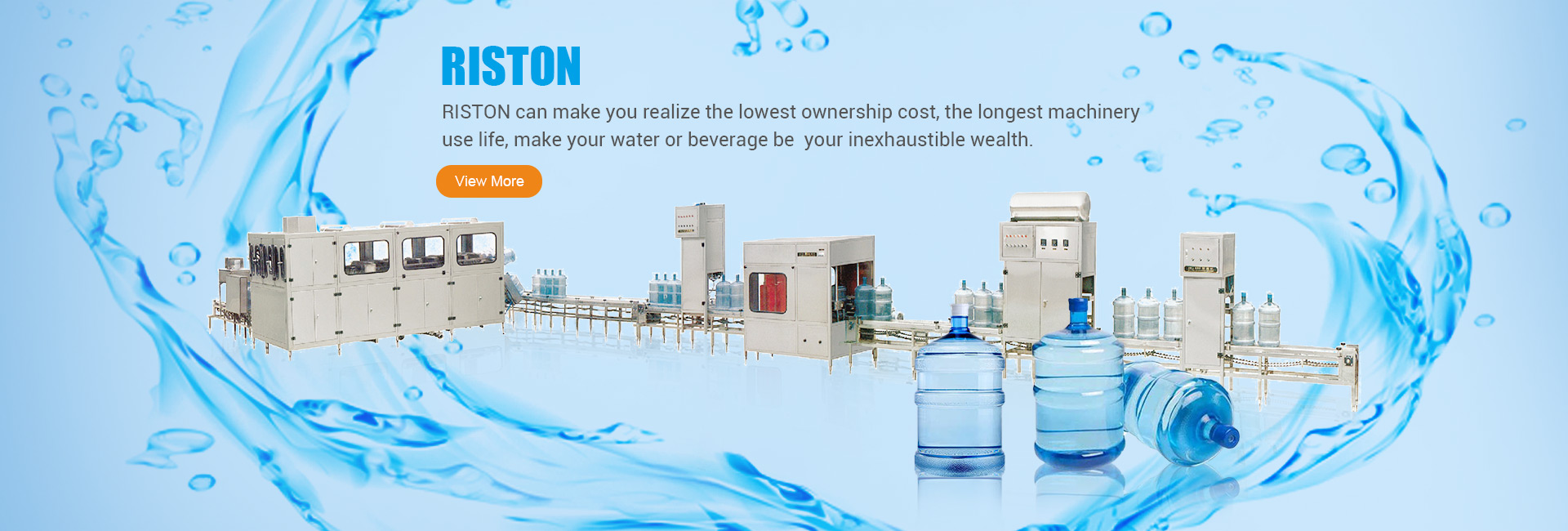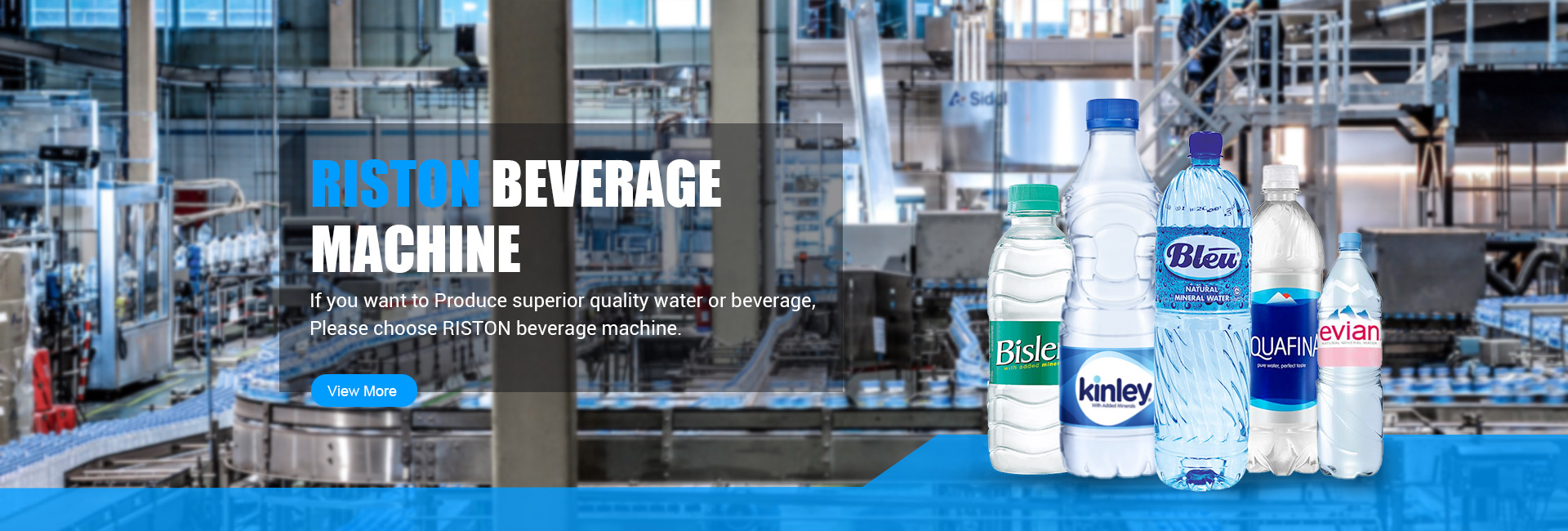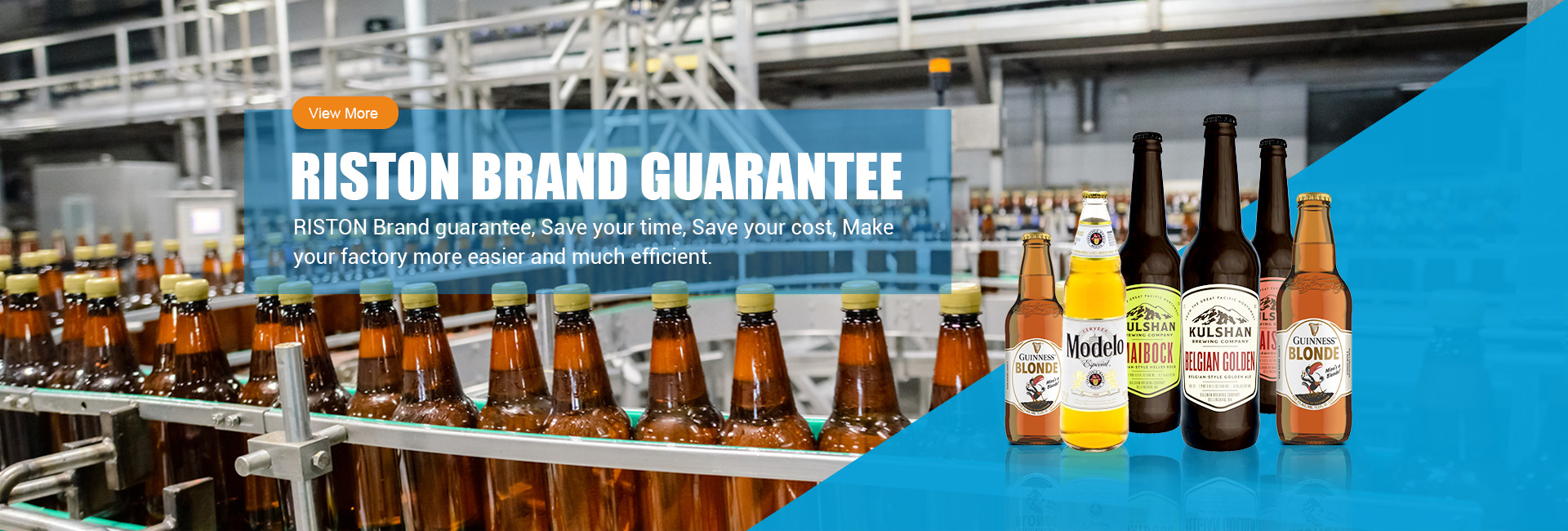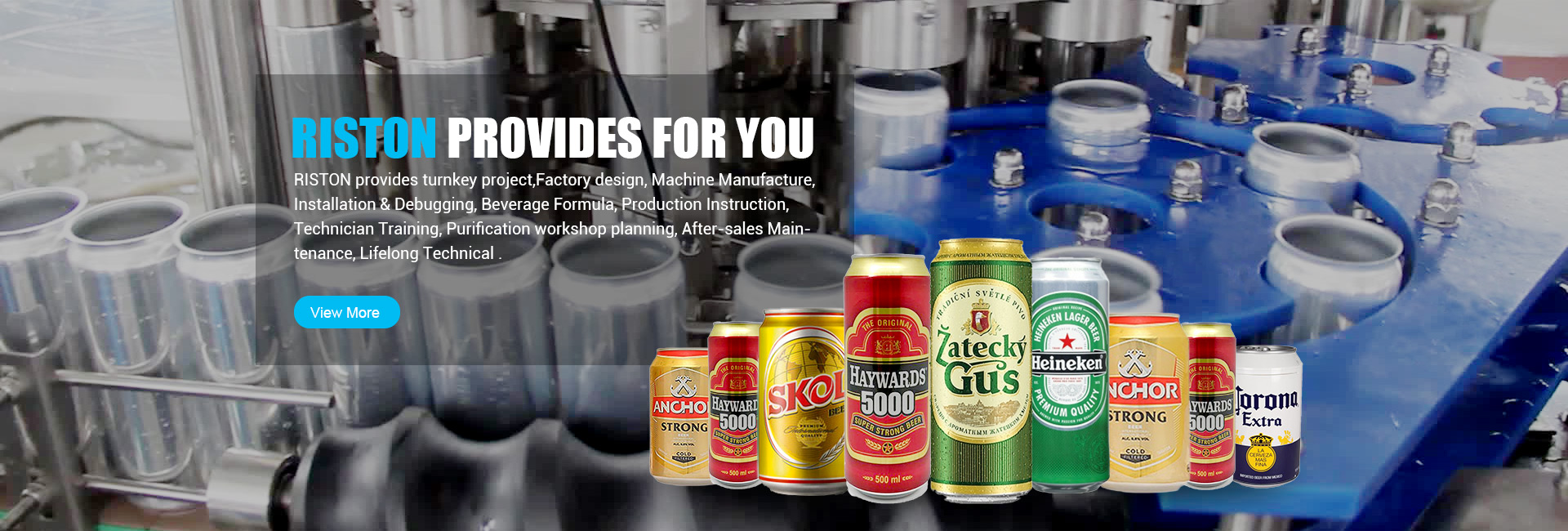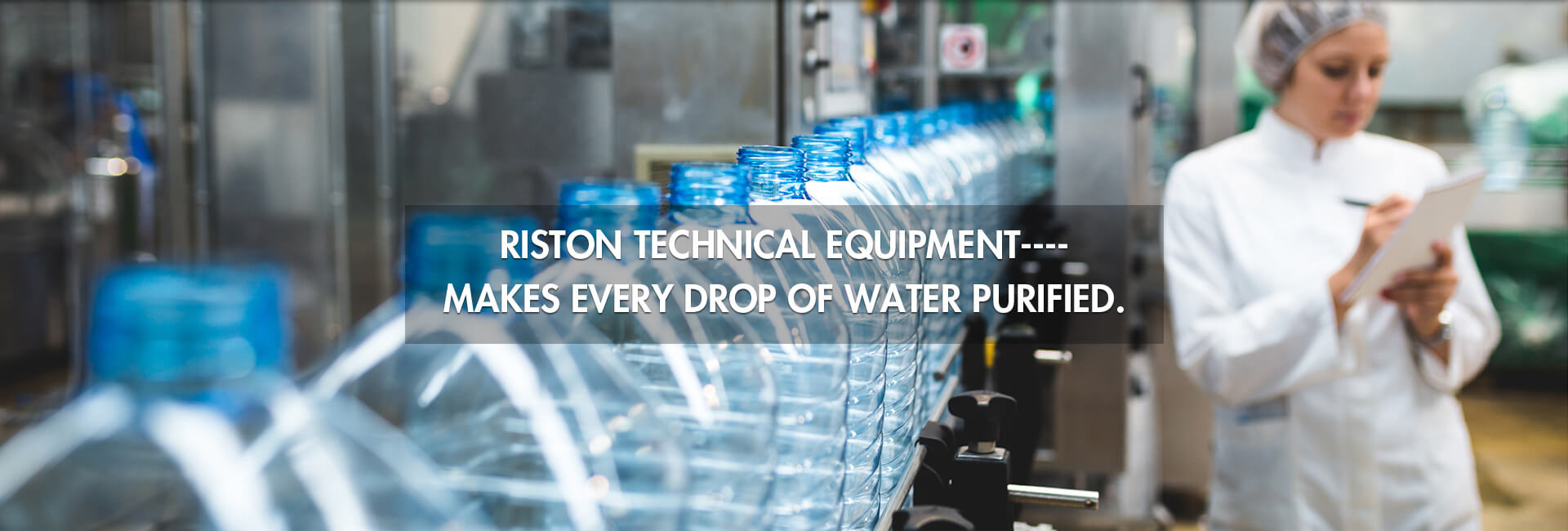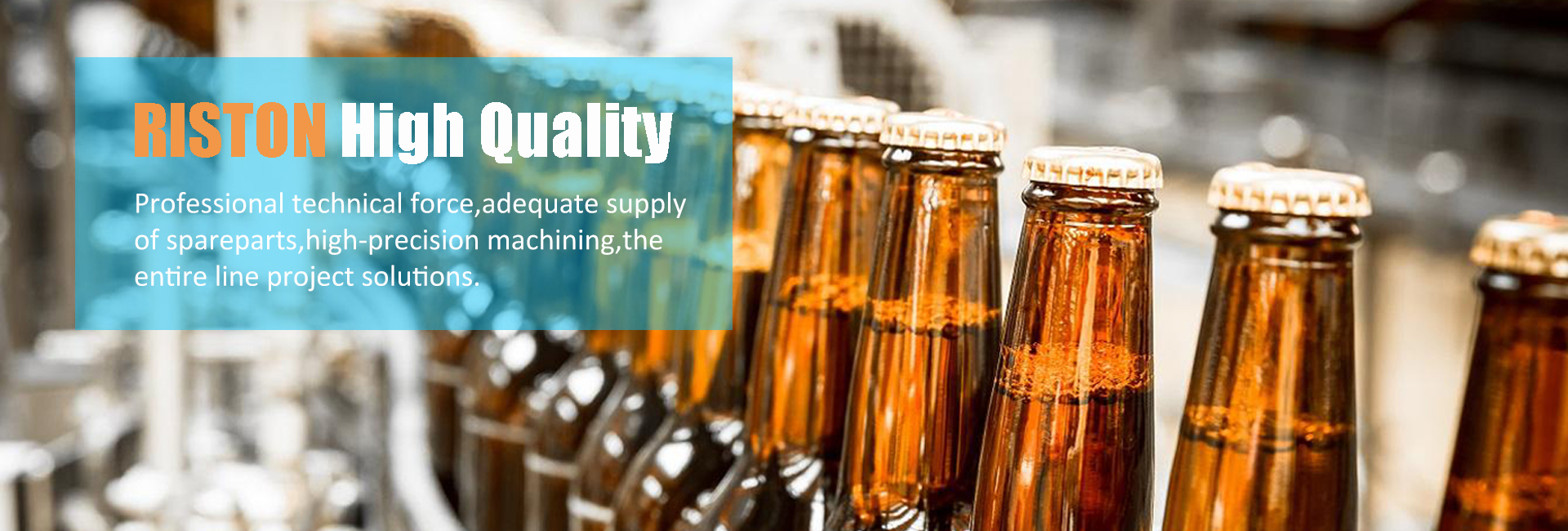RISTON-drinking water treatment system
This technical article explores the innovative technology and design principles behind Riston's drinking water treatment systems, which are engineered to provide clean, safe, and high-quality potable water in various settings. The focus is on their effectiveness in removing contaminants, energy efficiency, and adaptability for diverse water sources.
Introduction
Introduces Riston as a prominent player in the water purification industry, specializing in the development of advanced drinking water treatment solutions.
Discusses the global importance of reliable and efficient drinking water treatment technologies, especially in light of increasing concerns over water scarcity, contamination, and health risks associated with untreated water.
Riston’s Treatment Process Overview
Describes the multi-stage filtration process employed by Riston, typically starting with pre-filtration stages that remove larger particles, followed by adsorption using activated carbon filters to eliminate organic compounds and chlorine.
Highlights the use of state-of-the-art membrane technologies such as reverse osmosis (RO) or ultrafiltration (UF) to separate dissolved solids, heavy metals, and pathogens from the water supply.
Explains post-treatment processes, including UV sterilization, remineralization, and pH balancing, to ensure optimal taste and quality.
Technical Advancements and Performance Metrics
Details the system's capacity to handle varying TDS levels and flow rates while maintaining high rejection rates of contaminants.
Presents data on energy consumption, recovery ratios, and service life of key components like membranes and filters, showcasing the system's energy efficiency and low operational costs.
Customizability and Adaptability
Emphasizes Riston's ability to customize its drinking water treatment systems based on specific local conditions, raw water quality, and user requirements.
Discusses how these systems can be configured for both centralized and decentralized applications, catering to communities, households, and industries alike.
Sustainability Features
Explores environmentally-friendly aspects of Riston's designs, such as the use of renewable energy options, reduction of waste, and recycling of used components.
Addresses how the systems minimize water loss during treatment and contribute to sustainable water management practices.
Maintenance and Monitoring
Outlines the ease of maintenance, automated monitoring capabilities, and predictive diagnostics included in Riston's systems, ensuring continued compliance with international water quality standards and reducing downtime.
Case Studies and User Testimonials
Presents real-world case studies demonstrating successful implementation and performance of Riston's drinking water treatment systems across different regions and contexts.
Shares testimonials from satisfied customers who have experienced significant improvements in water quality and reliability.
Future Directions and Research
Discusses ongoing research and development efforts at Riston to improve existing technologies and incorporate new advancements to enhance system performance, reduce environmental impact, and address emerging contaminants.
Conclusion: Riston's drinking water treatment systems represent a cutting-edge response to the global need for safe and accessible potable water. Through continuous innovation and customization, Riston ensures that its products not only meet but exceed expectations in terms of reliability, sustainability, and overall health benefits for end-users.
For precise specifications, performance metrics, and the latest product information, readers are encouraged to refer to Riston's official publications or directly contact the company for detailed data and consultation.

